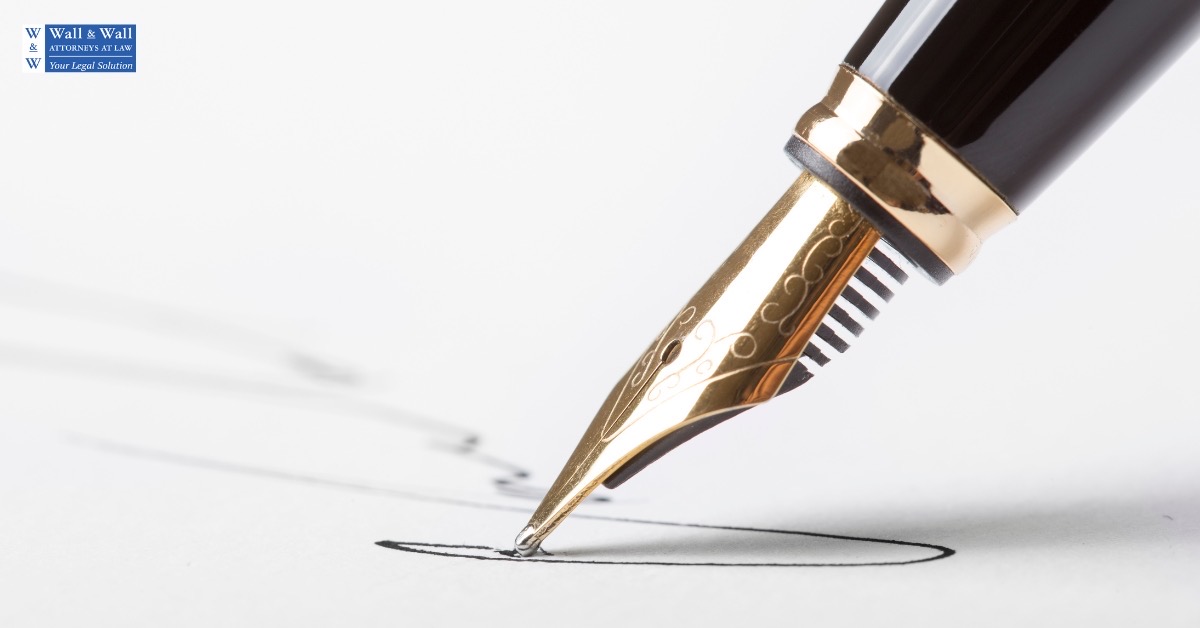In mediation, for example, to settle property division issues and other disputes that complicate divorce cases, when an agreement is reached, the mediator and attorneys will draw up an agreement. You and your spouse ultimately sign the agreement. In some cases, people decide they want to wait and think about signing the agreement after ending mediation. That puts the parties back into the position of trying to negotiate without a mediator.
That naturally often leads to attempts to make changes after divorce mediation, which usually ends with the mediation effort wasted and the parties not signing the agreement at all. Ultimately, the judge makes the decision when the divorcing couple cannot come to terms on their own or even through mediation.
If you want to work on resolving issues and finalizing your divorce or on other matters of family law through mediation in Utah, call Wall Legal Solutions for guidance.
Legally Binding Mediation Agreements
If you and the opposing party can negotiate a mutually acceptable solution through mediation and sign it, you can avoid going to court. Keep in mind that the agreement the parties sign in mediation is legally binding. Utah law makes it difficult to change a written and signed mediation agreement. You must approach the court for a change to the mediation agreement. But, be aware that obtaining a change in the settled agreement is normally only allowed if one party committed an act of fraud in the mediation process.
What Happens After Mediation Settlement?
After you complete mediation, your family law attorney, in cooperation with the other party’s attorney and the mediator will create the necessary several documents required by the court. The judge will sign those to finalize the case, and you will not need to appear in court.
After mediation ends, your attorney will file documents with the court, if necessary, and prepare a settlement agreement for review by both parties. A mediation agreement is legally binding, so you must follow through with agreed actions, like transferring assets, delivering titles, etc.
If An Agreement Is Not Reached
The above explanation of what happens after mediation is only half of the answer. Sometimes, only a partial agreement may be achieved through mediation or none at all. But you still may be able to resolve the matter through other means without going to court after mediation. In fact, the majority of cases are settled before they go to trial. Your lawyer will work with you to try other options for maintaining cooperative interaction with the other party, if at all possible.
For Mediation, Contact Wall Legal Solutions
Don’t sign any documents during mediation until your lawyer reviews them. Instead, ask the mediator for a Memorandum of Understanding that you can review with your attorney. If you agree with all the terms set forth, then your lawyer can create an agreement that specifies the terms you and your spouse have both accepted. Then, you and the other party can sign the mediation agreement, which will then be legally binding.
For mediation in divorce, custody, child support, or alimony cases, call Wall & Wall Attorneys at Law, P.C, at (801) 441-2388, or contact us here online.
- Championing Fathers’ Rights with Utah Family Law Attorneys – April 1, 2024
- The Importance of Mediation in Family Law Matters – March 22, 2024
- Family Law Attorney Utah: Your Companion in Navigating Child Support During Tax Season – February 7, 2024

